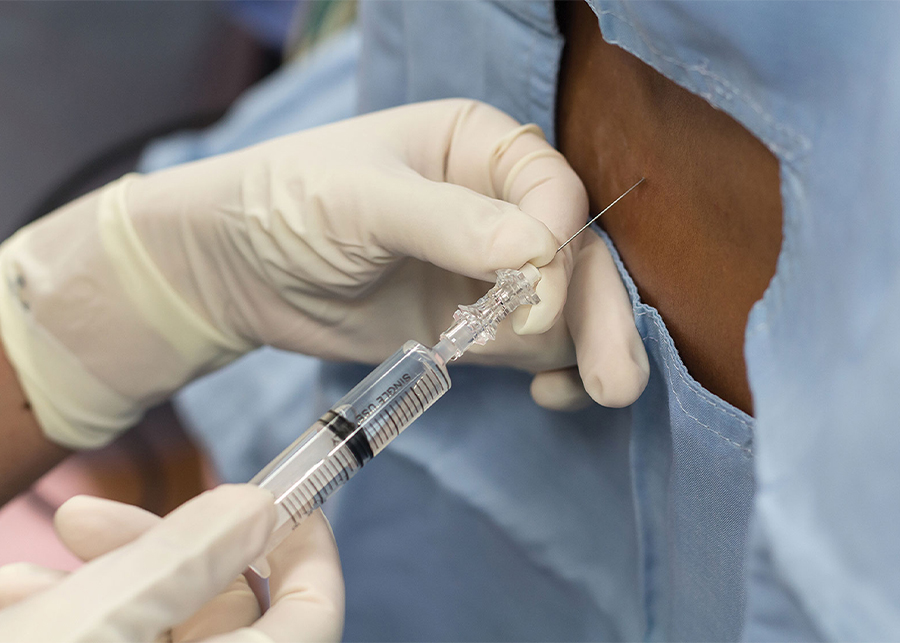When you are getting ready for a surgery, one of the first things that you want to ask is how long does it take anesthesia to wear off. In order not to be worried while waking up from surgery, you should already know how long it takes. Knowing that the anesthesia will wear off quickly, you can prepare yourself properly and know what to expect when waking up.
Before you go in for surgery, “How long does it take anesthesia to wear off?” is one of the most popular questions being asked. You want to make sure that you are fully aware of what is going on when you wake up. However, how long does anesthesia actually take to wear off? And what should you expect when it finally does? Keep reading to find out more.
So, How Long Does It Take Anesthesia to Wear Off?
Anesthesia is the use of drugs to produce reversible loss of sensation or consciousness. It is used to prevent pain during surgery or other procedures, and to relieve pain and anxiety in patients who are receiving treatment for a serious illness. There are a variety of different types of anesthesia, each with its own risks and benefits.
The anesthesiologist will work with you to select the type of anesthesia that is best for you. You may be given a general anesthetic, which causes loss of consciousness, or a regional anesthetic, which numbs a specific area of your body. Local anesthetics are also used to numb tissues before surgery or injections. So, how long does it take anesthesia to wear off?
It depends on the type of anesthesia and how it was administered. But in general, it takes about 30 minutes for the anesthetic to wear off after surgery.
There are several factors that can affect how quickly anesthesia wears off after surgery. The type of anesthetic used is one factor – different types of anesthetics have different half-lives (the time it takes for them to lose half their effectiveness). And there are also variations in drug metabolism among individuals, which can affect when patients wake up from anesthesia.

What Can I Do to Recover Faster from Anesthesia?
Now we answered the question “How long does it take anesthesia to wear off?” we will talk things you can do to recover faster. Before we start it is important to know that the risks of anesthesia are very small in comparison to other procedures. The most common side effects are lightheadedness, nausea, vomiting, diarrhea, or constipation.
There’s no need for patients to do anything special at home other than drink plenty of fluids (water) after surgery and wait until they can eat regular food again before trying any strenuous activity like exercise.
If you’re feeling dizzy or sick please contact your doctor immediately as this may be an indication that you’re bleeding inside your head or stomach which could be life-threatening if not treated quickly with emergency measures such as blood transfusion and antibiotics administered soon after surgery.
Is anesthesia safe?
There is always some risk associated with anesthesia, but for most people the benefits outweigh the risks. When anesthesiologists select the right drugs and doses and take into account a person’s health history and other factors, they can minimize risk while ensuring a person is safely and comfortably asleep during surgery.
Anesthesiologists are highly trained specialists who take every precaution to ensure that you are safe during your operation. Risks associated with anesthesia can include allergic reactions to medications, problems with breathing, blood clots, and complications from general anesthesia such as vomiting or awareness during surgery. But with careful planning by your anesthesiologist, these risks can be minimized..
How Long Does It Take Anesthesia to Wear Off? Result
Anesthesia works best when it’s used correctly and consistently. Your anesthesiologist plays a crucial role in preparing for your surgery, administering the dose, and then monitoring your progress during and after surgery. We encourage you to ask your doctor how you can prepare best for the anesthesia you’ll get before each operation. And remember that if you think you’re experiencing issues related to anesthesia, do not hesitate to contact your doctor right away.,
F.A.Q
Can anesthesia make you tired for days?
If you find yourself experiencing drowsiness or other lingering effects from anaesthesia, it doesn’t necessarily mean that something is wrong with you. These side effects are temporary and can be managed by taking a few steps. However, if they persist or become more severe, reach out your doctors to help address the problem.
What should you not do after anesthesia?
Don’t drive a car for at least 24 hours. Don’t operate complex equipment for at least 24 hours. Don’t take any medications unless prescribed by or discussed with your physician.
